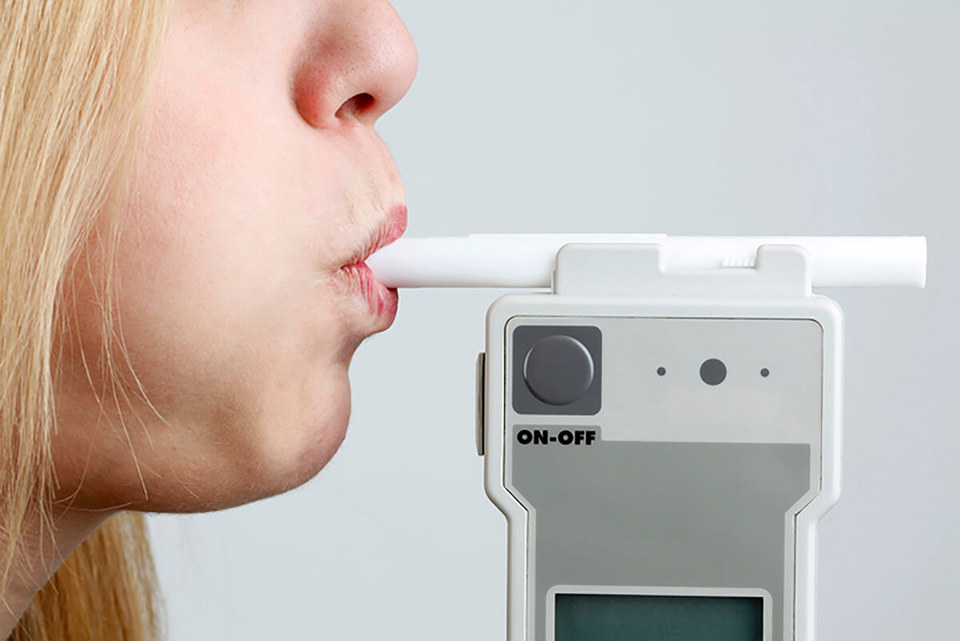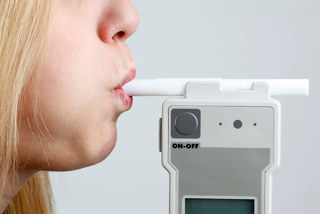Fit-to-drive declarations that ask an employee to affirm their ability to drive safely are becoming “more important” in the light of increased levels of drink and drug driving reported by the police, says FleetCheck.
The fleet software company says that the self-certification, included in apps used for daily safety walkaround checks, provide a focal point for drivers and employers when it comes to their fitness to take to the road.
Peter Golding, managing director, said: “The first thing to say is that, while there is quite a lot of evidence that drink and especially drug driving is increasing, there is little to indicate that there is a particular problem in the fleet sector.
“Indeed, our suspicion is that thanks to the accent placed on safety by most fleets, that there is probably less occurring here.
“However, there is no doubt that it remains a very real risk and one that employers should be taking seriously.”
Golding says that is why fit-to-drive declarations are becoming more important. They provide a simple deterrent, which can be integrated easily into fleet policies, for drivers who might be tempted to take the wheel while under the influence.
“It is easy to dismiss them as something that is easily signed and forgotten but the person certifying themselves as fit-to-drive while they know otherwise is essentially stating that they are knowingly breaking the law, which is something most people do take seriously,” he said.
Fleets need to also back up these kinds of measures with education campaigns that show drivers about the dangers of drink and drug-driving, while also making it clear that they were operating a zero tolerance approach.
The fit-to-drive declaration is also important for a wide range of reasons other than drink and drug driving – and could help to positively change attitudes to driving.
“It could be that someone who has flu asks themselves whether they really should be driving while ill, decides to do the safe thing and stay home,” continued Golding.
“Even that the parent of a new baby who has had four hours sleep in three days believes they are just too tired. This is about something as fundamental as taking the task of driving at work seriously.”























Ean Lewin - 08/11/2019 13:26
Declarations may be fine from the majority of employees, another aid to promote safer driving, but only for those those who are innocent of coming to work under the influence or suffering the hang-over effects of drink or drugs. However, self declarations simply will not work for the ‘not so innocent’ employees who DO drink to excess on a school night or who DO take drugs. As to whether or not those employees who drive ‘fleet’ cars are any better or worse because they are within a fleet environment, is a simple supposition. Unless the company properly screens for both drink and drugs, assuming it is safer remains just that, a guess. The recent results from Merseyside police show 50% of the 1,000 plus drug drivers they caught last year were infact people who drove for work! Results from many forces are showing drug driving is worse than drink! The only real thing a Fleet Manager can do to improve protection for your drivers, their colleagues, the public from accidents or fatalities, and then to protect the brand, the company and you as Fleet Managers, is to Drug and Alcohol screen! D. Tec International, supply every police force in England, Wales and now Scotland, and have been providing turnkey solutions to fleets across the country since 1996. We are helping companies in bus, coach and logistics as well as construction, waste, airlines and F1.